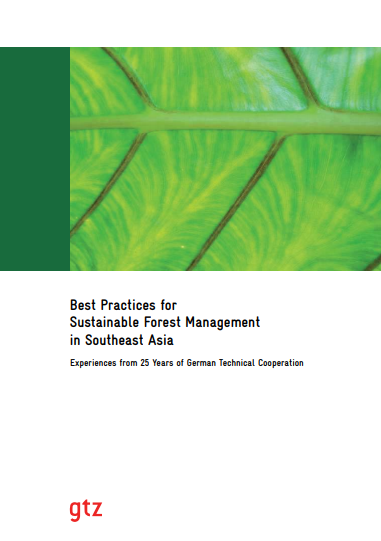Location
As a service provider in the field of international cooperation for sustainable development and international education work, we are dedicated to shaping a future worth living around the world. We have over 50 years of experience in a wide variety of areas, including economic development and employment promotion, energy and the environment, and peace and security. The diverse expertise of our federal enterprise is in demand around the globe – from the German Government, European Union institutions, the United Nations, the private sector, and governments of other countries. We work with businesses, civil society actors and research institutions, fostering successful interaction between development policy and other policy fields and areas of activity. Our main commissioning party is the German Federal Ministry for Economic Cooperation and Development (BMZ). The commissioning parties and cooperation partners all place their trust in GIZ, and we work with them to generate ideas for political, social and economic change, to develop these into concrete plans and to implement them. Since we are a public-benefit federal enterprise, German and European values are central to our work. Together with our partners in national governments worldwide and cooperation partners from the worlds of business, research and civil society, we work flexibly to deliver effective solutions that offer people better prospects and sustainably improve their living conditions.
Members:
Resources
Displaying 271 - 275 of 334Best Practices for Sustainable Forest Management in Southeast Asia
Despite a long history of forest conversion and forest degradation due to unsustainable logging practices, the natural forests of Southeast Asia still constitute an immense renewable resource and provide vital contributions to the economic and social development of the region. Invariably, the countries of the region commit to the principle of sustainable forest management (SFM), as expressed in their respective forest policies and/or sector strategies. In line with the international policy debate (e.g.
State land leases and concessions in Lao PDR
Study on state land leases and concessions in Lao PDR, sponsored by the Lao-German Land Policy Development Project (German contribution to the Lao Land Titling Project II in Lao PDR). This study is part of a series of Land Policy Studies conducted in preparation of a coherent and comprehensive "National Land Policy Statement for Lao PDR."
Ville - campagne : une relation en pleine mutation
La relation entre la ville et les zones rurales s'est radicalement transformée au cours des dernières années. Une délimitation franche n'est plus guère possible aujourd'hui et c'est le continuum des zones à vocation agricole, des banlieues, des zones d'habitat spontané et des centres urbains qui modèle le paysage. Mais les pays et la coopération au développement disposent-ils des instruments nécessaires pour promouvoir un développement dynamique et équilibré entre la ville et le milieu rural et pour entrouvrir des perspectives aux populations qui y vivent ?
Les États fragiles du point de vue de la population rurale
Les États fragiles constituent un des plus grands défis de notre époque. C'est la raison pour laquelle ils sont de plus en plus au c'ur des préoccupations de la politique internationale et de la coopération au développement, mais il semble à cet égard que l'aspect humain ne soit pas toujours suffisamment pris en compte dans les réflexions.
Exemple de pays II:
La Somalie - Un pays sans État central et néanmoins fonctionnel
La Somalie est l'exemple d'un pays moderne dans lequel l'État central n'existe plus depuis de longues années. Bien qu'elle soit souvent décrite comme étant un pays chaotique et anarchique, une nouvelle forme d'organisation sociale s'y est mise en place depuis longtemps. Il semble même qu'un grand nombre de
personnes s'accommodent bien de cette absence d'un État central.




